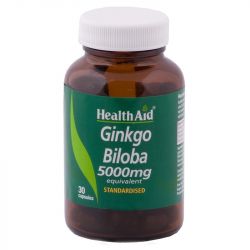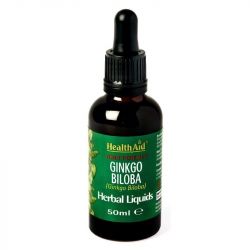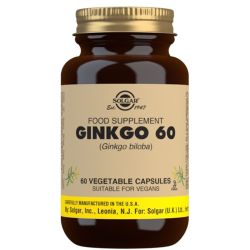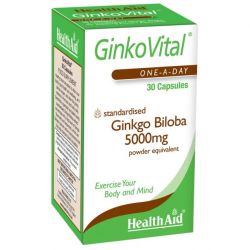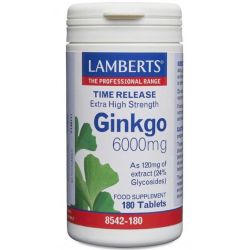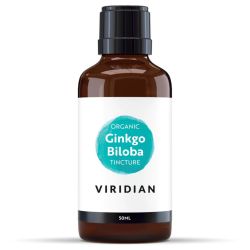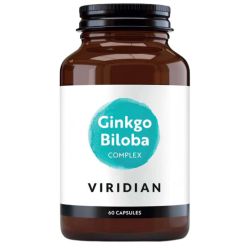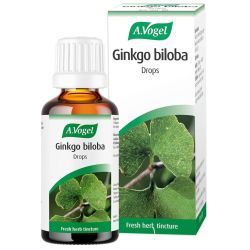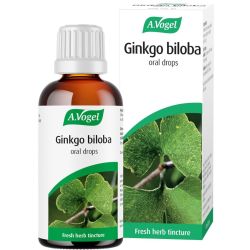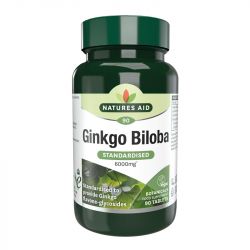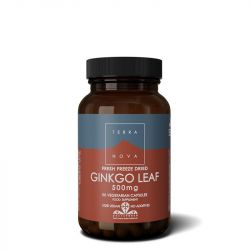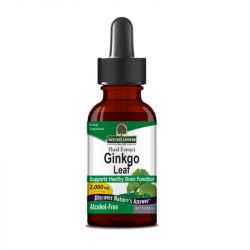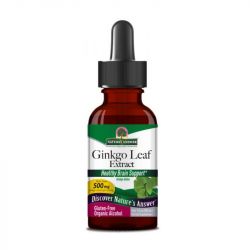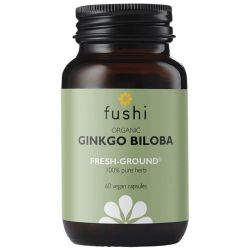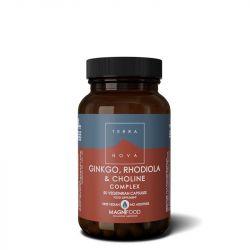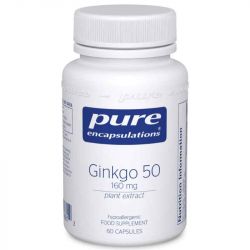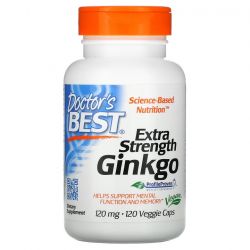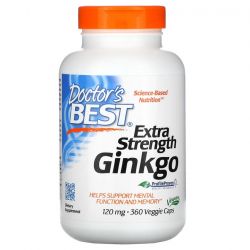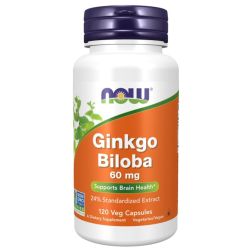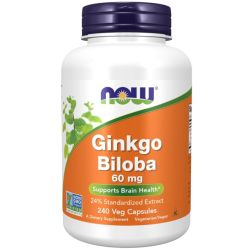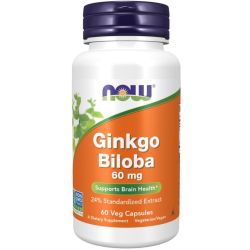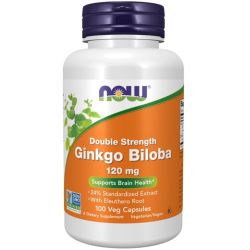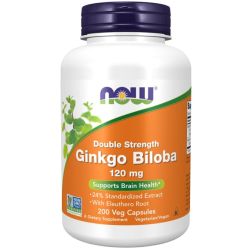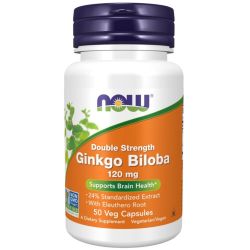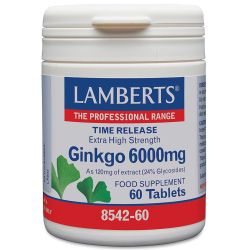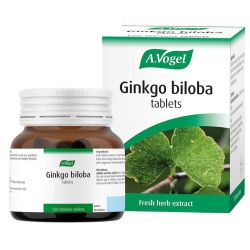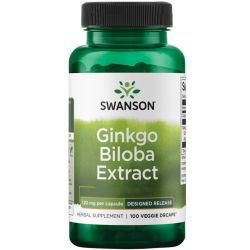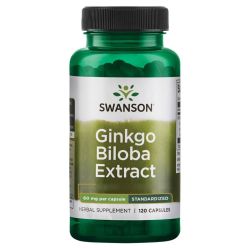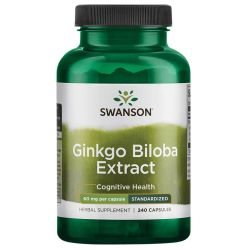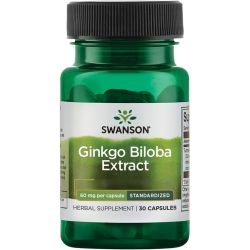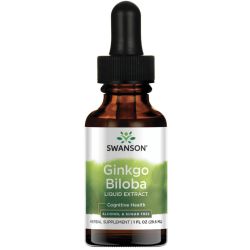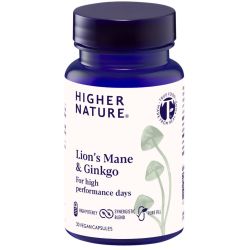Ginkgo Biloba supplements
Ginkgo biloba, derived from the leaves of the Ginkgo tree, is one of the oldest living tree species and has been used in traditional medicine for centuries, particularly in Chinese herbal medicine. The extract is known for its potential cognitive benefits and is often used to enhance memory, concentration, and overall brain function.
Ginkgo biloba is rich in flavonoids and terpenoids, which have antioxidant properties that may help protect brain cells from oxidative stress and improve blood circulation.
Research has suggested that Ginkgo biloba may be beneficial for individuals with Attention Deficit Hyperactivity Disorder (ADHD), as it could help improve attention span, reduce hyperactivity, and enhance cognitive function.
All you need to know about Ginkgo Biloba
What are the benefits of ginkgo biloba?
Ginkgo biloba supplements come from the dried leaves of the ginkgo tree, which has managed to survive for over 200 million years. Ginkgo biloba has long-been renowned throughout centuries for its health benefits in relation to mental health, cognitive function and balance problems. Some modern-day ginkgo biloba supplements are also enriched with vitamin B5 and iodine to reduce fatigue and tiredness while boosting mental function. Ginkgo biloba can also help improve blood flow and slow down the effects of Alzheimer's disease.
What are the side effects of ginkgo biloba?
If taken in the correct dosage, ginkgo biloba is considered safe, but you should consult your doctor before taking any supplements. Some people report headaches, feeling dizzy, sickness, fatigue, skin reactions and an upset stomach. It has been suggested that the pulp and fruit of the ginkgo biloba tree can cause severe skin reactions and allergic reactions in some people. It can also cause bleeding and bruising in those who are on medications to reduce blood clotting. Roasted seeds of the ginkgo biloba are considered unsafe when taken orally, and can cause seizures, shock and loss of consciousness.
Can ginkgo biloba help with dementia?
Yes – because of its stimulating effect on the brain and blood flow around the body, cognitive function and memory can be improved by taking regular doses of ginkgo biloba. A popular dose in those with dementia is 40mg, taken three times per day. You should consult your GP before taking any supplements to help with symptoms of dementia.
Who should not take ginkgo biloba?
If you have a bleeding disorder, are on medications such as Warfarin, are pregnant, have diabetes or are planning to have future surgery, you shouldn't take ginkgo biloba, as it can increase chances of bleeding. Ginkgo biloba can also affect blood sugar levels and complicate diabetes management.
How does Ginkgo biloba help with ADHD?
Ginkgo biloba may assist individuals with ADHD by improving attention span and reducing symptoms of hyperactivity and impulsivity. Its ability to enhance blood circulation to the brain could also contribute to improved cognitive function.
Is Ginkgo biloba beneficial for overall brain health?
Yes, Ginkgo biloba's antioxidant properties and ability to improve blood flow to the brain can support overall brain health, potentially reducing the risk of cognitive decline and enhancing mental clarity.

